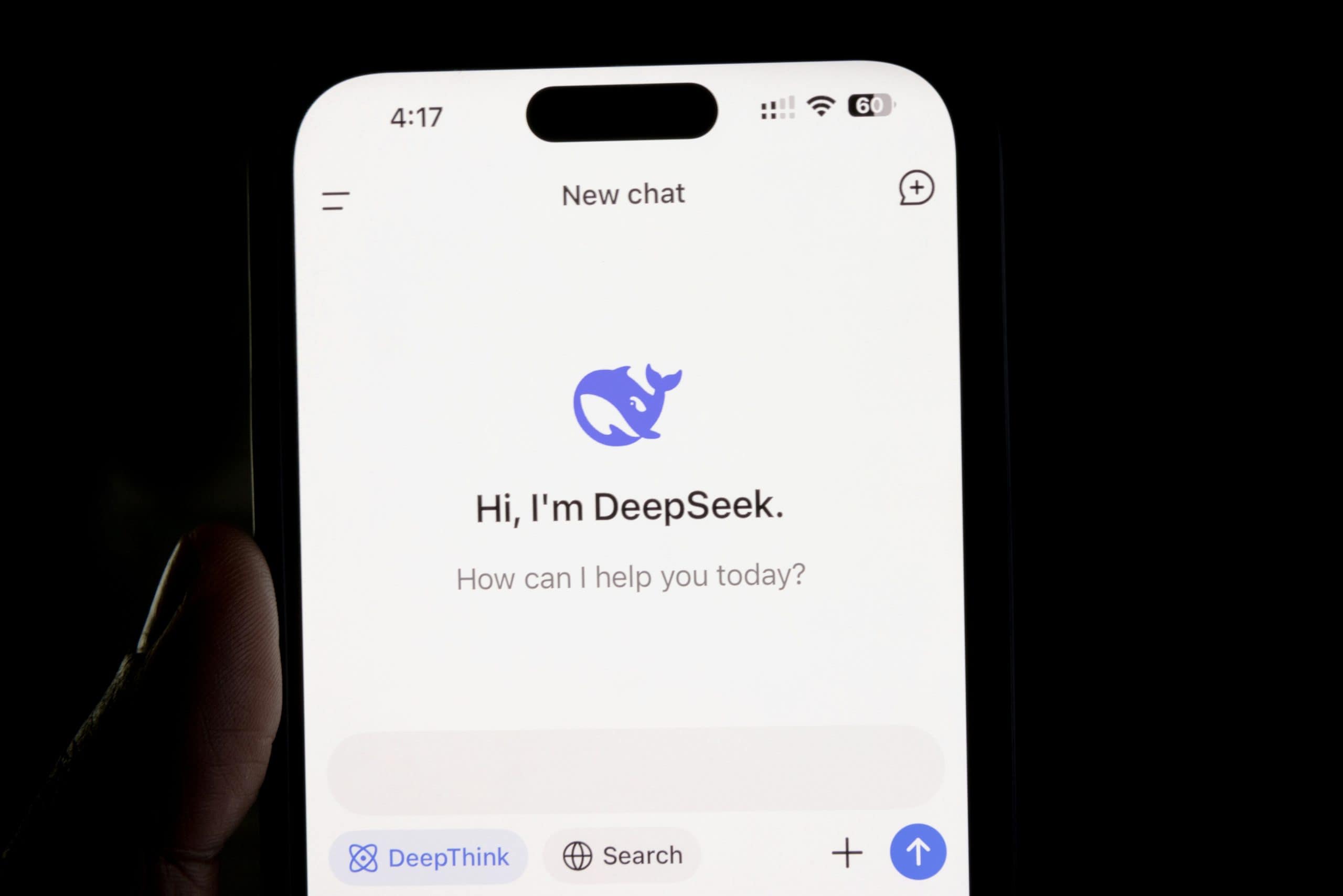Most website owners are familiar with traditional SEO—using keywords, meta tags, backlinks, and technical tweaks to climb up Google’s rankings. But with the meteoric rise of large language models (LLMs) like ChatGPT, Gemini, and Perplexity, website optimization is getting a major upgrade. Optimizing for LLMs is now a must if brands, agencies, and ecommerce sites want to stay visible in AI-driven search and chatbot responses.
Why LLM Optimization Matters More Than Ever
Search behavior is evolving fast. Instead of typing short keywords, users increasingly ask full questions or expect conversational answers. LLM-powered search engines don’t simply match keywords—they synthesize direct answers and pull context from across the web. This means:
-
LLMs may cite, summarize, or even quote from your site, bypassing link-based rankings altogether.
-
Getting your content cited by an LLM dramatically boosts brand authority, discovery, and traffic—even if your Google rank isn’t #1 anymore.

Key Differences: LLM Optimization vs Traditional SEO
Traditional SEO focused on:
-
Keyword density and backlinks
-
Technical optimization (site speed, mobile readiness, meta tags)
-
Ranking for targeted queries in search engine results pages (SERPs)
LLM Optimization focuses on:
-
Semantic depth—answering questions fully, precisely, and contextually
-
Structured data/schema—helping AI models truly “understand” your site
-
Natural language coverage—writing like a helpful expert, not just repeating keywords
-
Relationships between entities—connecting ideas, topics, and concepts in ways LLMs can recognize
-
Formatting—using clean headings, FAQs, and summary tables that AI can easily refer to
Practical Steps for LLM-Friendly Website Optimization
-
Write for Answers, Not Just Rankings: Ensure content addresses real questions, covers related subtopics, and flows naturally—even if no exact keyword match.
-
Add Structured Data: Use schema markup for articles, products, FAQs, reviews, etc. This machine-readable info helps LLMs “lift” facts and entities from your site into AI-powered answers and citations.
-
Use Strategic Text Sequences: Place clear value statements, context, and summaries at the top of pages. This makes key info more likely to be cited in AI search snippets.
-
Embrace Entities and Topics: Go deep on what your brand, products, or expertise are really about. Link related content internally and use consistent terminology.
-
Format for Machines and People: Include conversational headings, FAQ sections, and how-to guides. LLMs love structured responses they can easily reference in answers.
-
Test Conversational Queries: Try searching for actual questions and gauge how well your content answers them.
Why This Shift Is Happening
LLMs now power the conversational layer of search and digital assistants. In 2025, Google, Bing, and independent AI tools increasingly serve up answers, not just lists of links. If your site isn’t optimized for LLMs, your expertise may never reach the audience—even if your old SEO tactics drive traffic. As more people rely on AI-generated info, being referenced in those answers is critical for staying relevant and competitive.

